Revive a Bee – Bee Revival Kits, Refills & Gifts
Carry a bee-friendly energy boost with you so when you find an exhausted bee on the ground, you’re ready to help it revive and take flight again.
- Handmade in the UK
- Free delivery on all orders
- Plantable packaging
- 2000+ ★★★★★ reviews
Free UK delivery. Refillable vial. Eco-friendly gift for nature lovers.
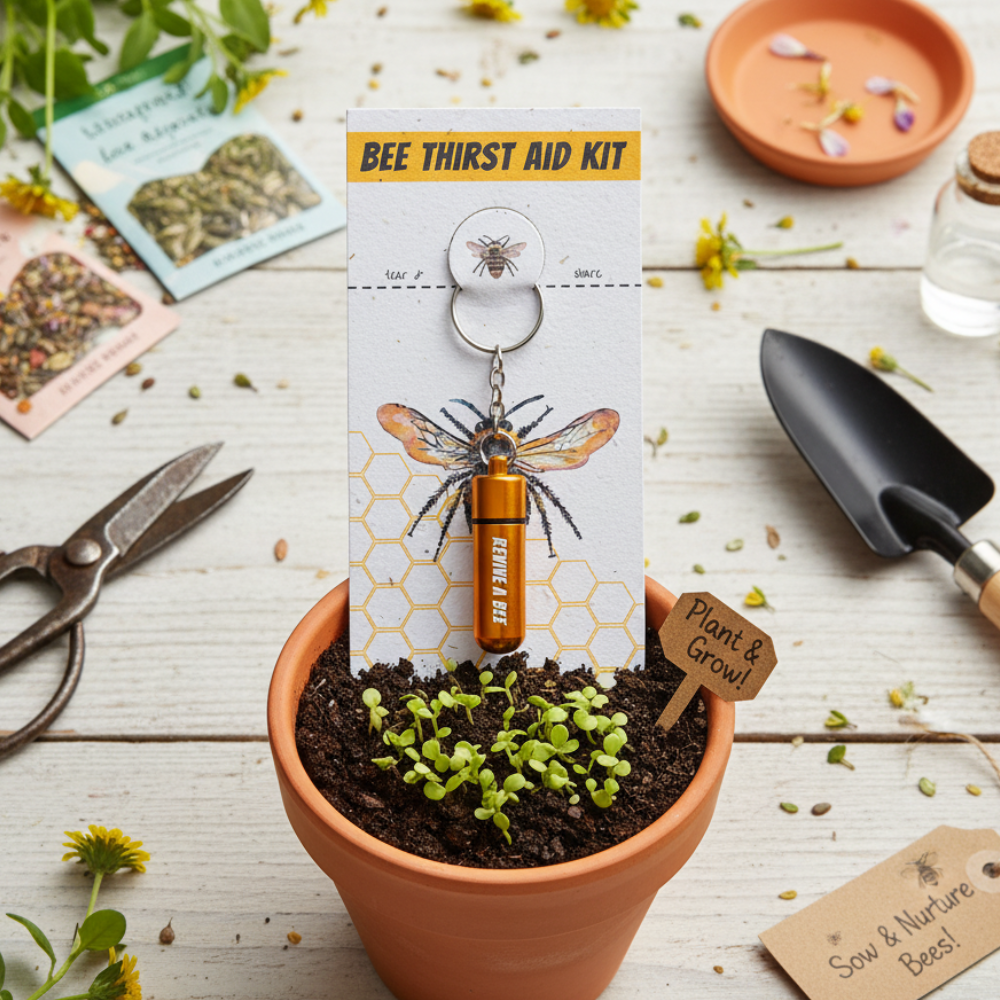
Committed to Helping You Rescue Tired Bees
At Revive a Bee we're dedicated to helping people support the pollinators we depend on every day.
Our signature bee revival kit
gives you a simple way to help tired, stranded bees when they need it most. Designed to be carried anywhere,
it provides a quick boost of energy using our specially formulated Ambrosia syrup.
We also offer a bee revival refill bottle,
so you can top up your kit season after season. Each item is handmade in the UK with a plantable seed paper option
to help restore wildflower habitats.
Whether you're a nature lover, gardener, parent, or simply someone who wants to make a positive impact,
Revive a Bee gives you the tools to take action.
Loved By Bees & Our Customers
Shop Bee Revival Products

Our bestselling reusable keyring kits designed to help tired bees wherever you find them.

Thoughtfully curated eco-friendly gift sets, perfect for birthdays, thank-yous and nature lovers.

Keep your kit ready to use with our easy refill packs of bee-friendly energy solution.
Real bee rescues from our Revive a Bee community
Photos shared by our customers using their Revive a Bee® Bee Revival Kits to help tired bees.
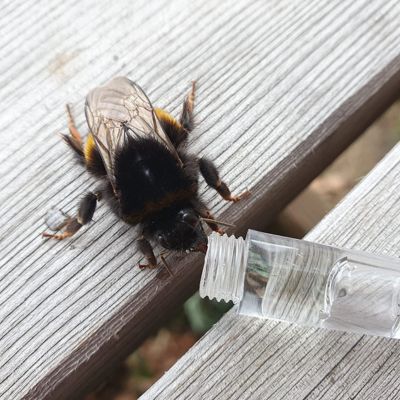
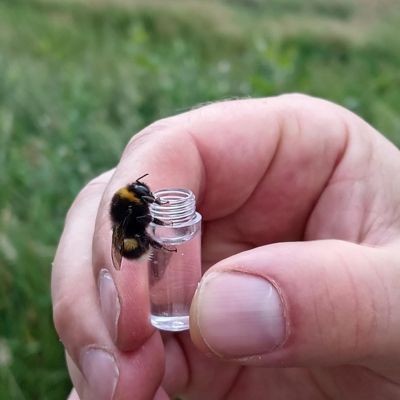
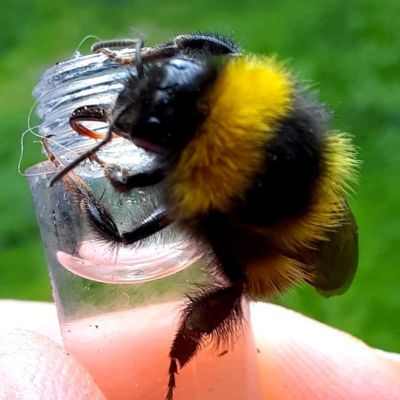
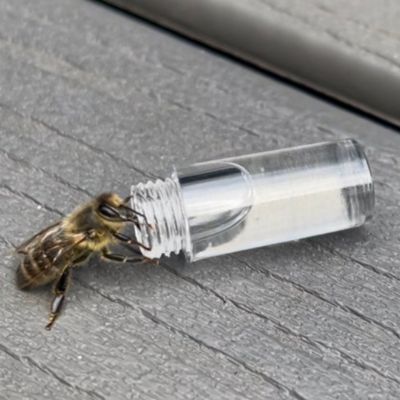
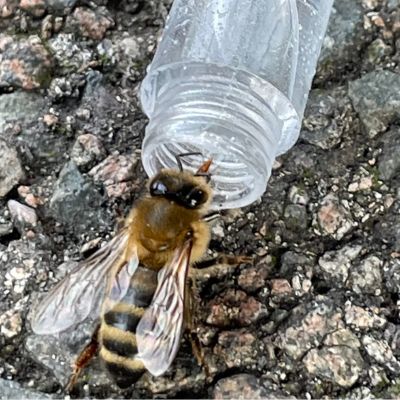
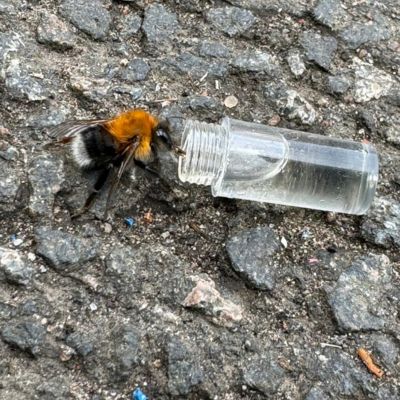
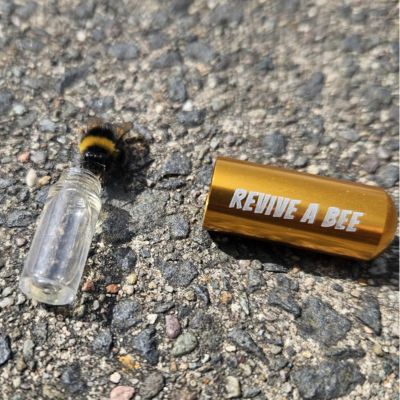
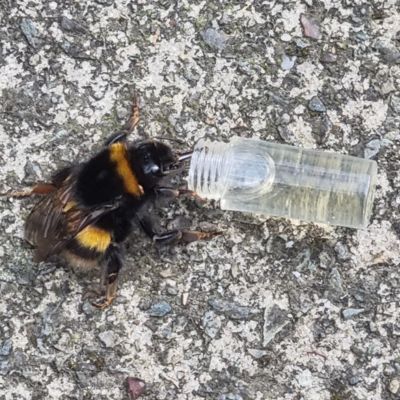
Why Bees Need Our Help
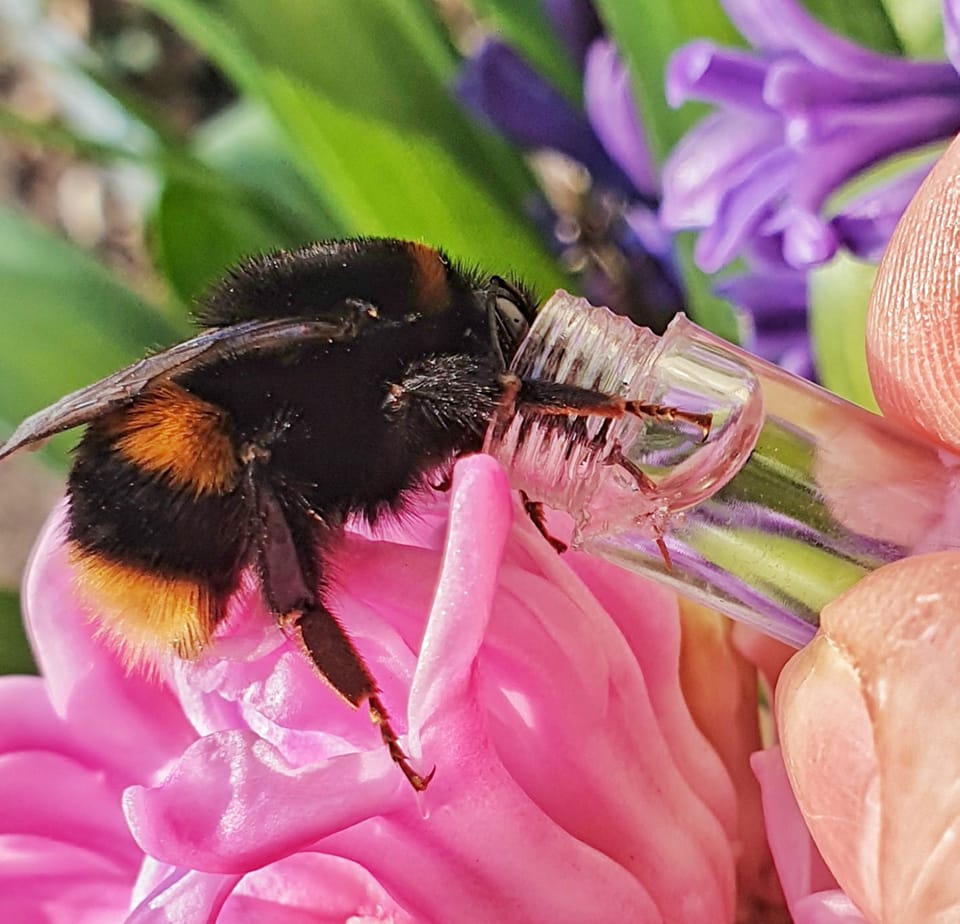
Bee populations are in trouble, and we depend on them.
- Economic value Bees contribute an estimated £691 million every year to the UK economy by increasing crop yields and quality.
- Cost of failure Replacing the natural pollination service bees provide would cost UK farmers around £1.8 billion annually.
- Food security UK food production relies heavily on bees, which pollinate around 70 different crops grown across the country.
- Rapid decline The crisis is already here: 13 UK bee species are extinct and a further 35 species are currently threatened.
- Habitat loss Since the 1930s, the UK has lost approximately 97% of its flower-rich meadows, leaving bees with fewer places to feed and nest.
- Wildflower survival Around 80% of the UK's native wildflowers rely on insect pollination to reproduce, meaning our landscapes depend on healthy bee populations.
